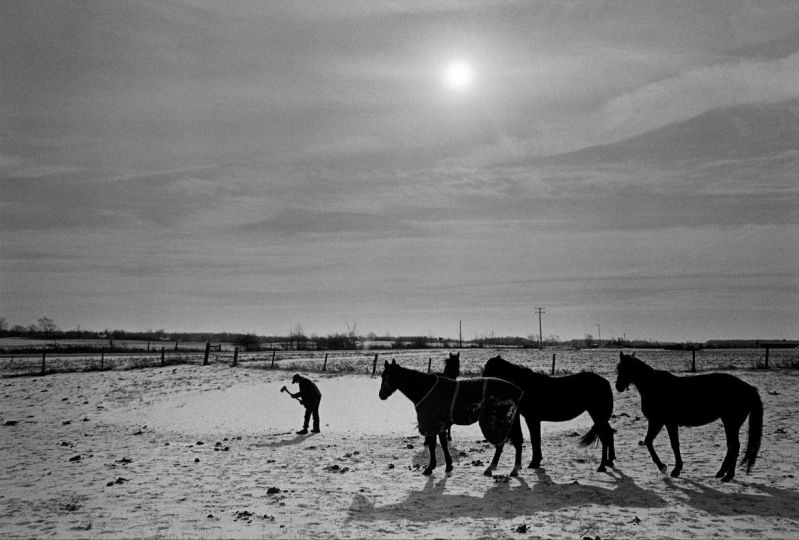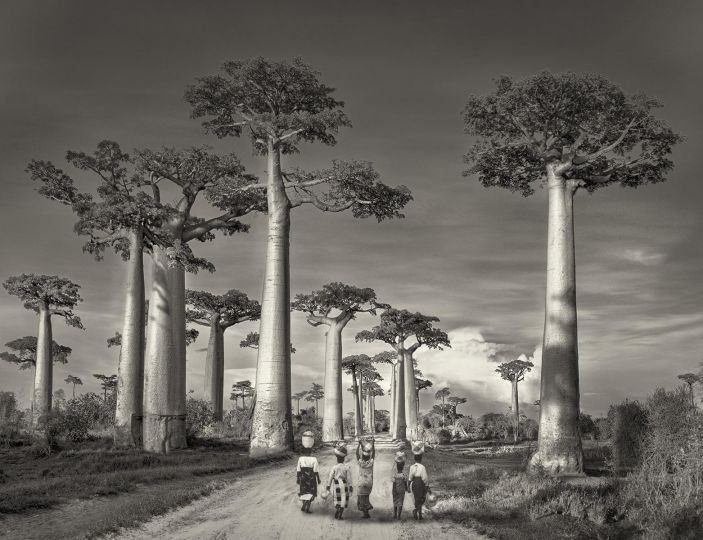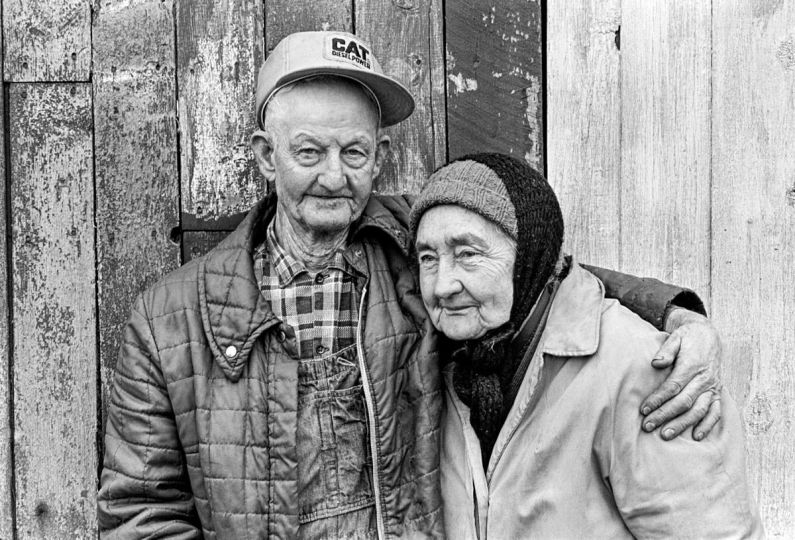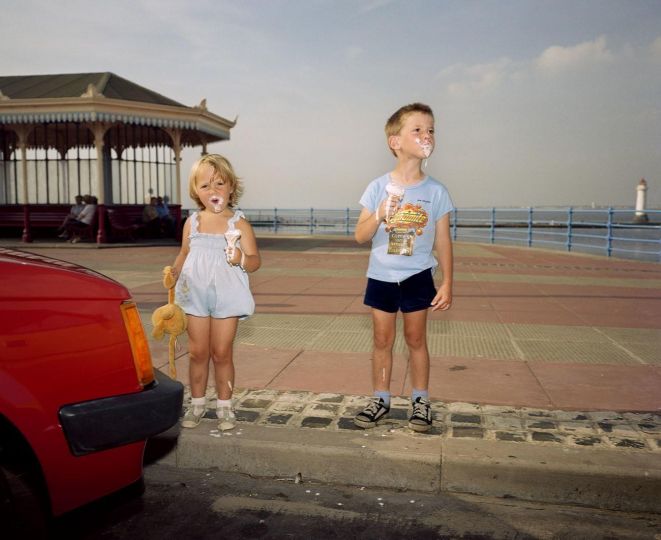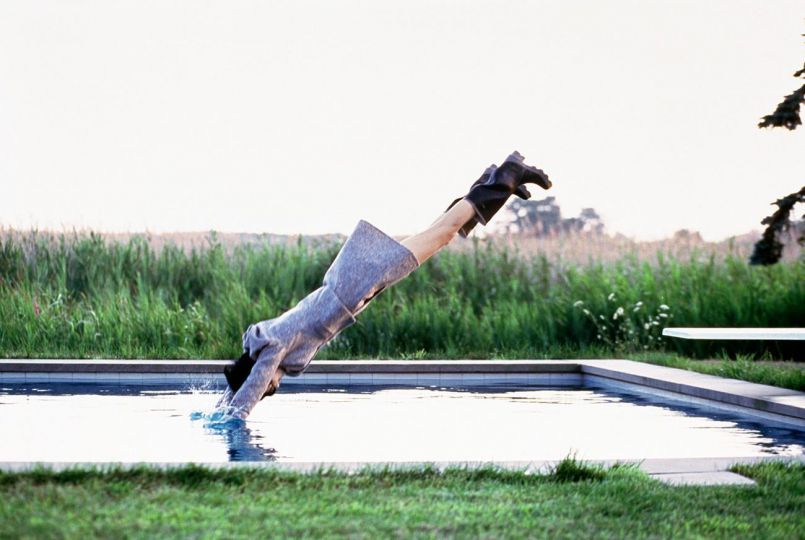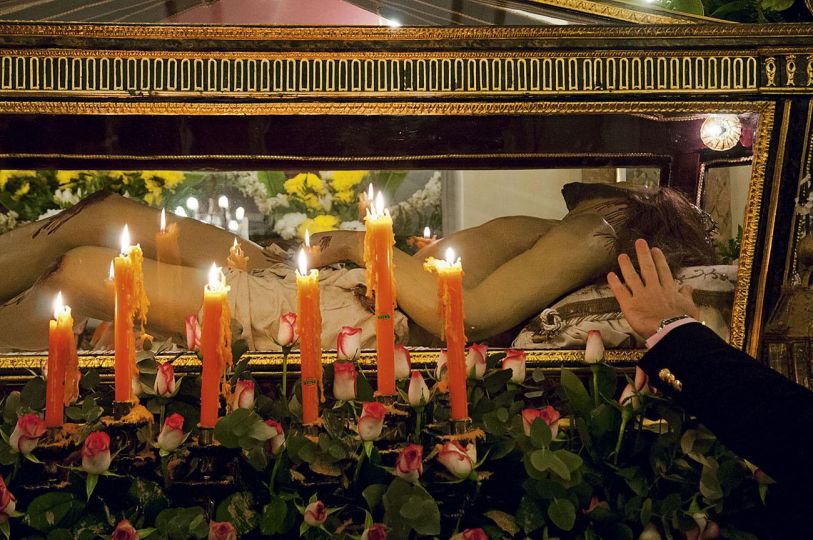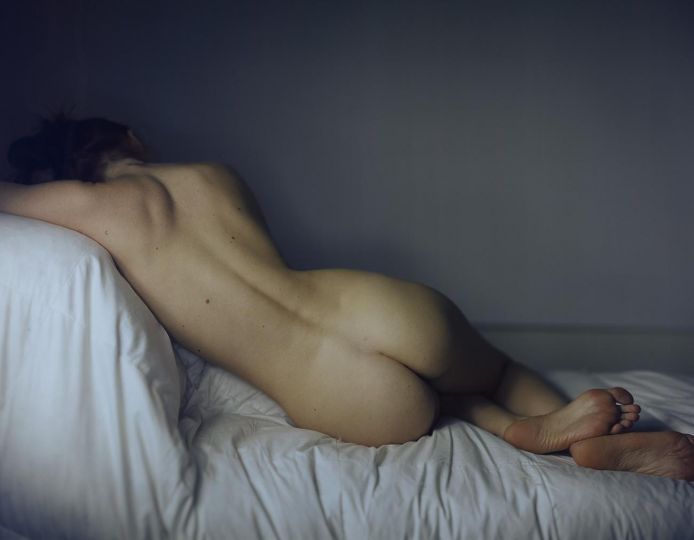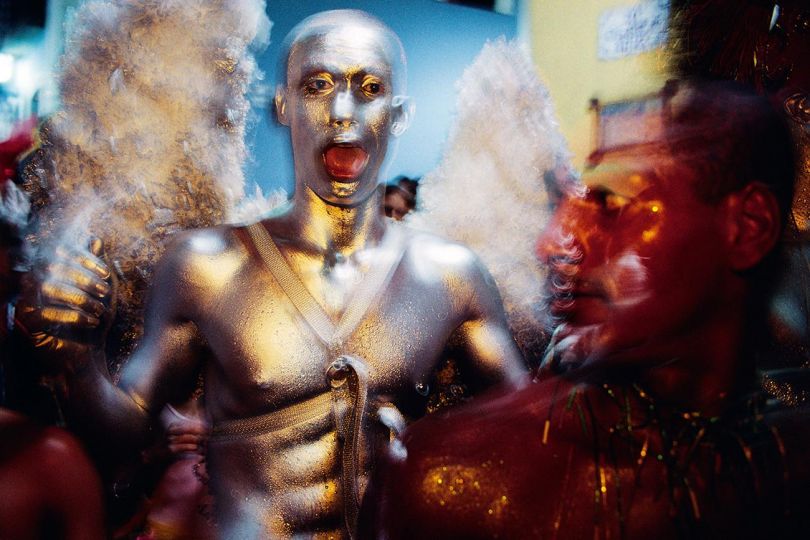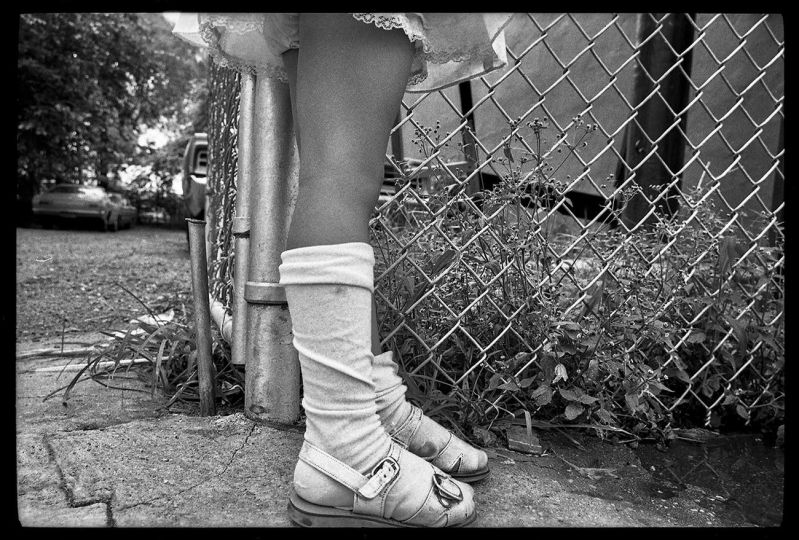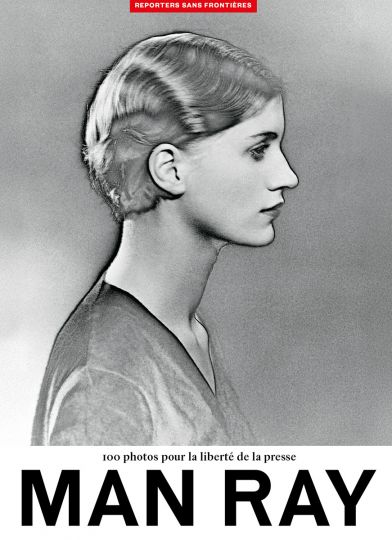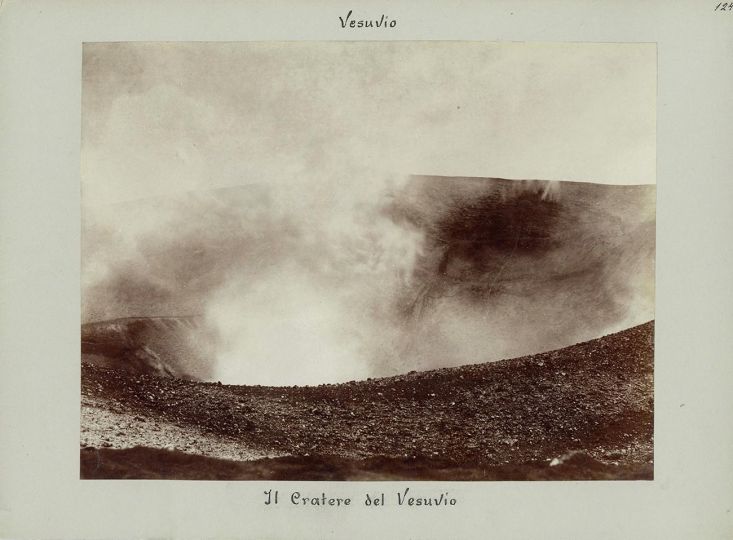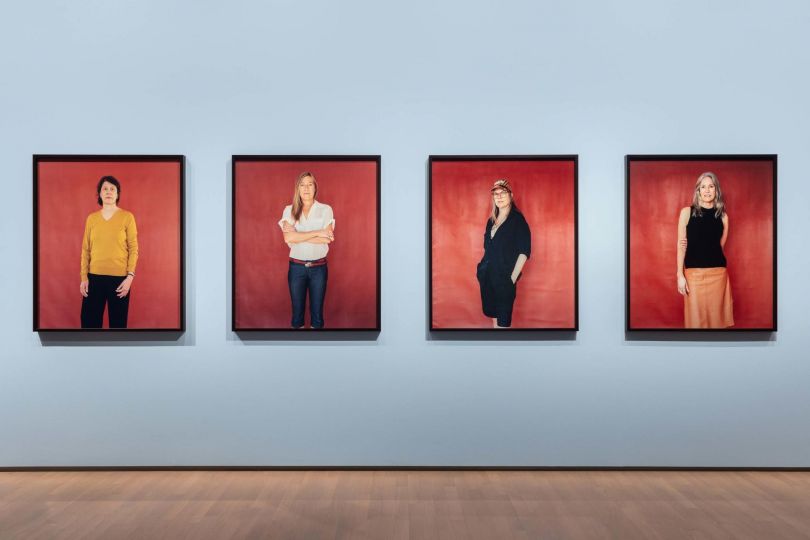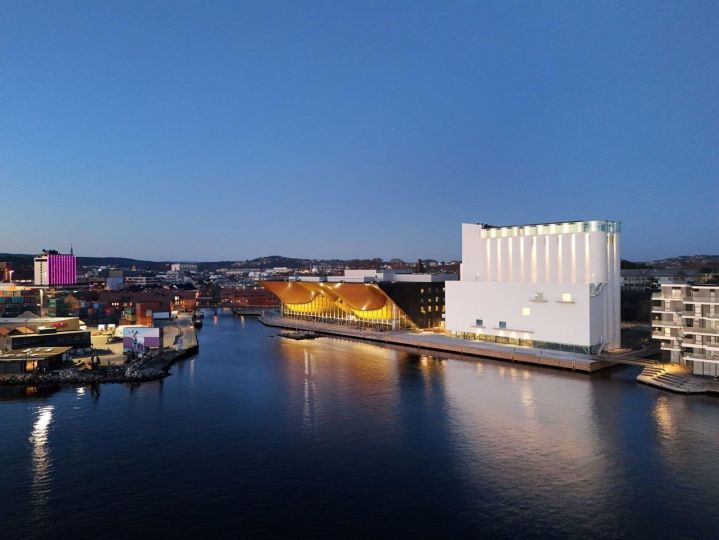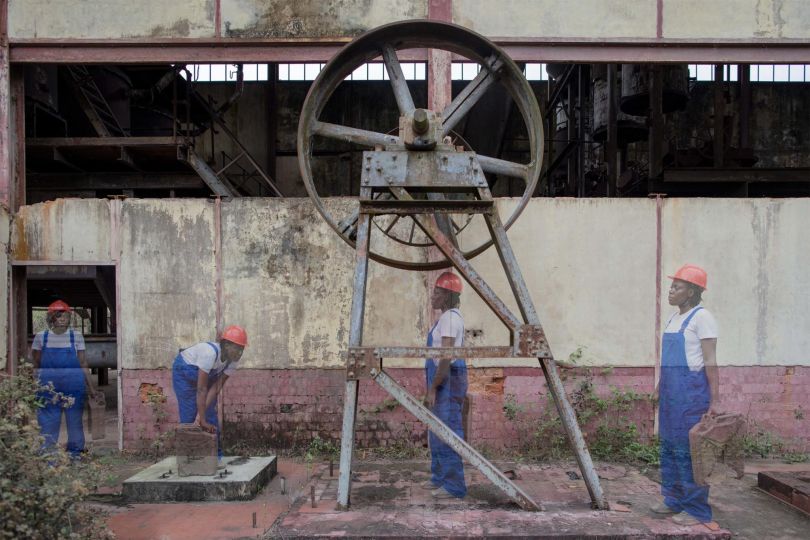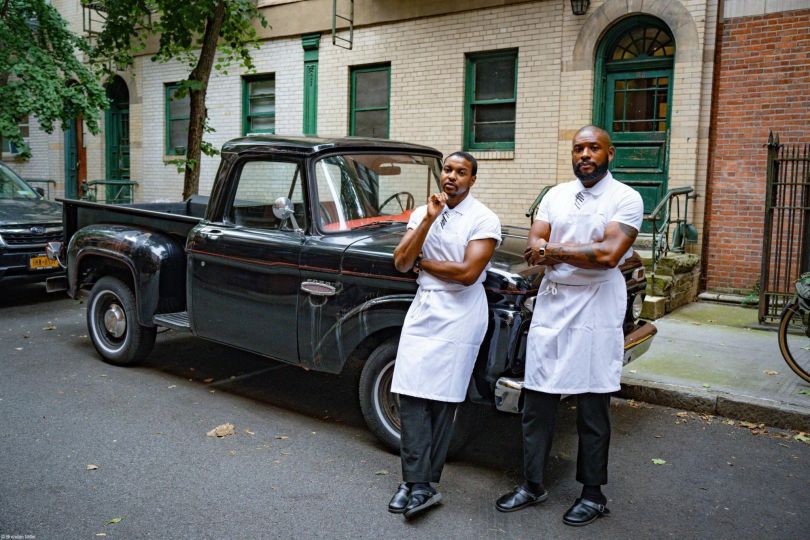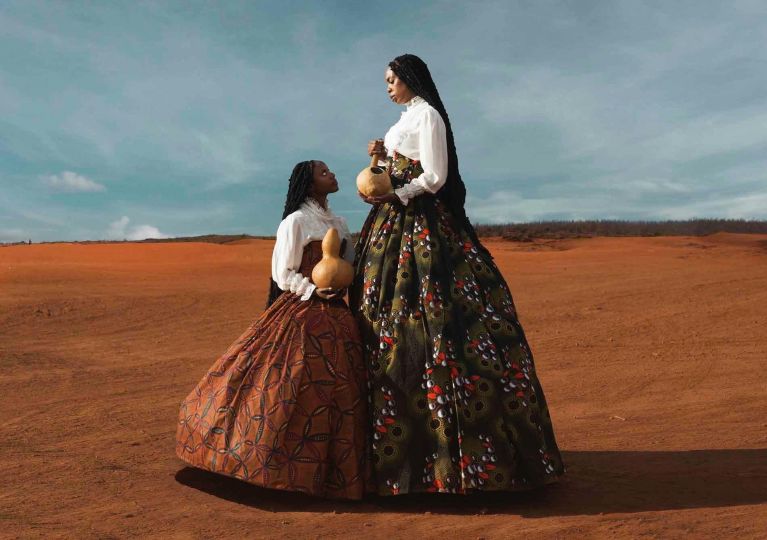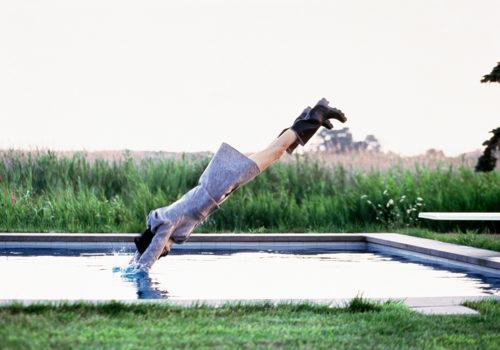David Turnley, an American photographer who fell in love with France during his youth, is known for his work in both street and documentary photography. He tells stories through his “little black box,” the nickname he gives to his camera. His series “Anna and Flander” is currently being exhibited in the streets of Baden, Austria, as part of the La Gacilly-Baden Photography Festival.
Between 1978 and 1980, Turnley documented the daily life of a farming couple, Anna and Flander Hamlin, for two years. Their farm, located near Detroit, Michigan, provided a unique setting for his photographs. The series captures the life of a couple who had been in love for over 50 years, sharing a deep bond and harmony. Though time has since claimed their lives, this timeless series remains as powerful as ever. In an interview during the Baden Photography Festival in August, David Turnley reflected on this work with L’œil de la Photographie.
You photographed this couple, Anna and Flander Hamlin, for two years. How did you create such the strong sense of connection, which is so evident in the series?
David Turnley : They appreciated that I was interested in their work. Our relationship was very natural. I spent hours with them, sometimes taking photos, sometimes just spending afternoons talking. I worked at a local newspaper, only 15 minutes from their farm. I’d stop by regularly for coffee, and they always fed me — I couldn’t say no. I always had to eat! (laughs).
You had regular access to the intimate life of this couple. What details of their life stand out in your memory?
D.T. : I loved them like family. They were religious, but I didn’t know how it manifested in their daily lives. I would often stay very late, until midnight. I could feel that religion was important to them, but I hesitated to ask about it. One evening, I finally did:
“Anna, what do you do after I leave?”
She replied, “We go into the living room, take each other’s hands, and pray together.”
They did this every night. I asked if I could photograph that moment. Flander said, “David, if I could help you with your work, I’d stand on my head for you!” It was very touching to share that moment with them.
Why did you choose to work in black and white?
D.T. : I love black and white because it removes the question of time. Maybe it also gives a deeper connection to the soul.
Have you photographed other farmers?
D.T. : When I travel to the Loire Valley, I have the chance to photograph vineyards. I once photographed a farmer’s wedding in a Ukrainian village. The wedding lasted three days. The father had worked his entire life to ensure that every guest would have a bottle of vodka on the table. He was proud; it was a moment filled with humanity that I was lucky to witness.
Are you from a farming family yourself?
D.T. : My mother’s parents had a farm. What I rediscovered while photographing Anna and Flander for two years was the coherence in their way of life: what they produced ended up on their plates.
Would you have liked to be a farmer?
D.T. : I’m happy to be a photographer and live the life I have. But I have immense respect for farmers and hardworking people in general. I admire honest people who are passionate about what they do.
Festival La Gacilly Baden
Baden, Autriche
June 13 to October 13, 2024
festival-lagacilly-baden.photo

